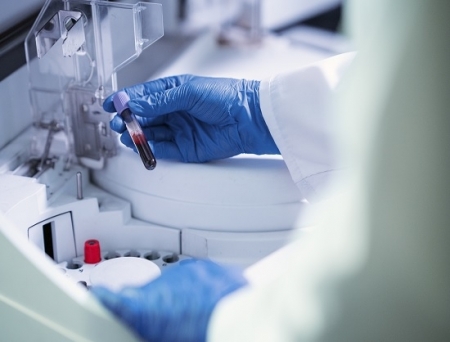ICMR and CDSCO Release First Set of 39 Standard IVD Evaluation Protocols

The Indian Council of Medical Research (ICMR) and the Central Drugs Standard Control Organization (CDSCO) have unveiled the first batch of 39 standard in-vitro diagnostic (IVD) evaluation protocols.
These include protocols for performance evaluation of IVDs detecting tuberculosis, malaria, dengue, chikungunya, Zika virus, typhoid fever, various respiratory viruses, Chandipura virus, and Nipah virus.
Rajiv Bahl, Secretary, Department of Health Research & Director General, ICMR, congratulated the ICMR and CDSCO teams for undertaking this landmark initiative, which he said will “contribute immensely in strengthening the quality of IVDs in India, and also enable them to compete for global licensure.”
He added that the process of standard protocol development will continue, and the scope will be expanded to cover other diseases and IVD formats.
The release of standard IVD evaluation protocols marks a significant milestone of the MoU between ICMR and CDSCO aimed at strengthening the IVD testing capacity.
Drugs Controller General (India) Dr. Rajeev Singh Raghuvanshi, “This is the first initiative of its kind globally, where standardized evaluation protocols have been developed in collaboration between the National regulatory authority and National nodal research Institute to assess the performance of In-Vitro Diagnostic (IVD) kits used for high risk diseases. This document will also serve as a valuable resource by providing a uniform testing protocol and setting minimum standards and acceptance criteria for various critical disease markers.”
By streamlining the evaluation process, ICMR and CDSCO also aim to accelerate the availability of high-quality diagnostic products to clinicians and patients, supporting the national vision of affordable, accessible, and quality healthcare for all.
“We will continue to build on this initiative by adding more protocols and establishing more validation centres, ensuring that our regulatory framework remains robust and effective,” Dr. Raghuvanshi added.
You can find the standard IVD evaluation protocols here.
tuberculosis Central Drugs Standard Control Organization (CDSCO In-Vitro Diagnostic (IVD) kits Indian Council of Medical Research (ICMR) Malaria Standard IVD Evaluation Protocols
Last news about this category
We use our own and third party cookies to produce statistical information and show you personalized advertising by analyzing your browsing, according to our COOKIES POLICY. If you continue visiting our Site, you accept its use.
More information: Privacy Policy
















